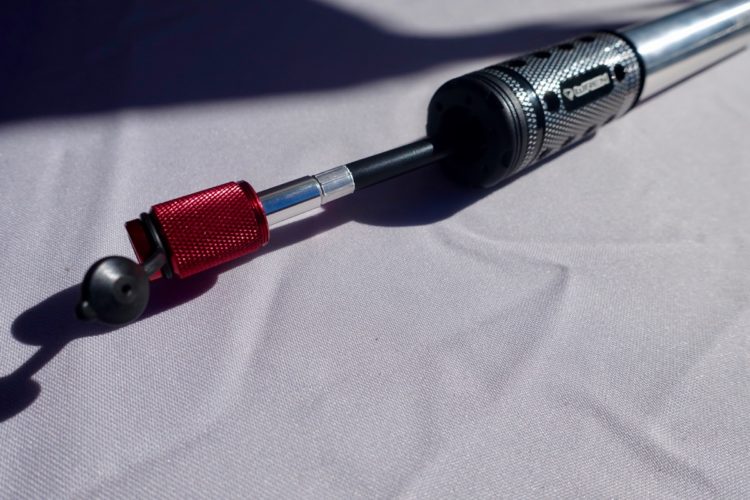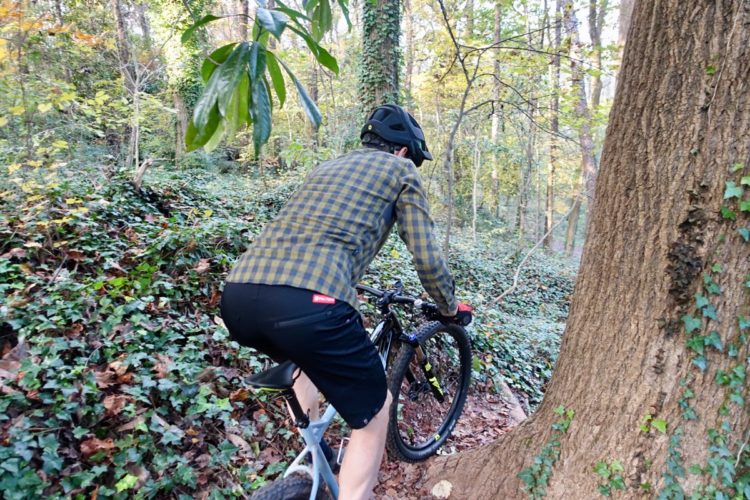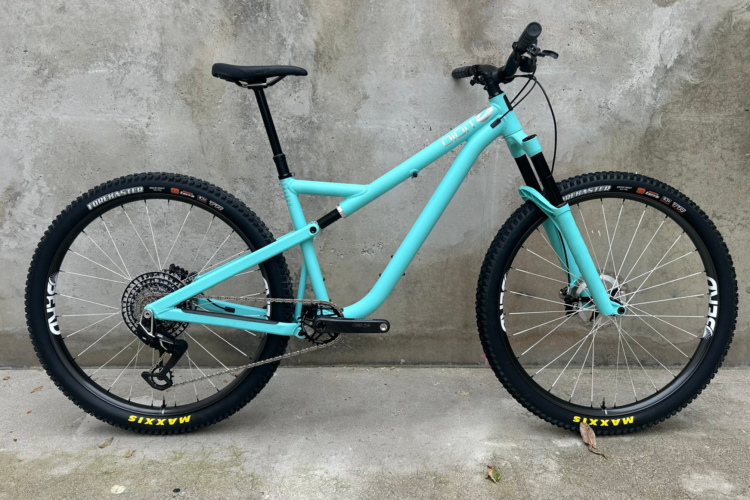How many mountain bike brands do you know of with roots stretching back to 1964 that are still family-owned and run? Well, now you know at least one: Patrol Mountain Bikes from Indonesia.
Patrol Mountain Bikes is an independent division of United Bike that operates as its own brand and entity. Unlike many mountain bike brands that form independently and then are acquired by a conglomerate, Patrol was consciously founded as a spin-off from United. United is the brand that dates back to 1964.
United Bike began its life in 1964 as a retail store owned by an Indonesian couple. After starting in retail, they added importing and distribution to their business model.
In 1991, the second generation of the family opened United’s first factory, creating the manufacturing arm of United Bike. Currently, United owns two factories located near Jakarta, the capital of Indonesia.
United produces its own complete line of bicycles, ranging from mountain bikes to road bikes, townies and kids bikes… just about every type of bicycle you can imagine. In addition to producing their own bicycles, United also builds bikes for other brands. All of these various types of bikes add up to over a million bicycles sold every single year.
If you haven’t heard of United Bike before, don’t worry—you can’t buy them in the USA. United’s bicycles are decidedly at the low end of the range. Similarly, United has been a long-time distributor of brands like Shimano, but until 2004 they only sold low-end Shimano parts, up to Deore.
In 2004, Arifin Tedja, grandson of United’s founders, began a new arm of the company that specialized in distributing high-end components. At that time, they began selling Shimano components all the way up through XTR.

Tedja realized that while United was serving the low-end bicycle market well, they weren’t serving the mid-to-high-end market at all. Thus, the first Patrol was born. Originally, United mostly sold Patrol bikes as frame-only.
Due to an enthusiastic response from the market, in 2013 they decided to make Patrol an independent entity. They split Patrol off into “a complete, independent brand pretty much,” according to Tedja, who is now Director of Patrol Mountain Bikes. “We separated everything: the marketing, the R&D, the design, everything.” Beginning at the split in 2013, Patrol started to sell an entire range of mountain bikes, “from hardtail, 4-inch, 5-inch, 6-inch, DH, [and] dirt jump.”
While Patrol may jump into carbon fiber in the future, and possibly more complex bike designs, their self-stated goal is “to provide the bike that an average Joe could have fun on. We don’t want to provide a complicated [product],” said Tedja. “Especially in Indonesia, it’s really hard to find a really good bicycle store that has deep knowledge of complicated suspension design.” In many ways, this ethos helps to differentiate Patrol from fellow Indonesian brand Polygon Bikes, which uses the fairly complex Naild R3ACT – 2 Play design in much of their full suspension line.
Patrol’s bet on simple, affordable, mid-range mountain bikes has resulted in a strong following in the Indonesian and Southeast Asia markets. Building on that base, the brand’s primary objective is expansion. While efforts to expand into the North American market are ongoing, Patrol’s next big focus is the European market. 2019 will mark their first appearance at the Eurobike trade show.

While Patrol’s number one motivation is growth, at this time they are only pursuing that growth through the traditional method of distributors and dealers. From the outside looking in, it appears that consumer-direct isn’t the future of bicycle retail… it’s already the present reality. In the age of Amazon, you can now buy literally anything off the internet. But Patrol is still sold on dealers.
“One of the thought processes is the company itself grew from a retailer,” said Geoffrey Wayong, of Patrol – North America. “United itself started from one store. So we know that is the way the traditional market has been growing.”
While labeling the “traditional market” as “growing” seems to be an exceedingly optimistic statement, if you look at the growth of the bike industry not in terms of the last 2-5 years but in terms of its growth since 1964 when United was founded… yes, the growth is significant.
“I think we need to start with the dealer network and distributor network, and for them to get familiar with the brand, and the models, and they will educate the rest of the local markets,” continued Wayong. “Consumer direct may be the way to go in the future, and obviously we’re not closing any doors saying ‘we’ll never ever,’ because we obviously can’t predict what’s going to happen 10 years from now.”
“It’s probably a mix…some sort of click and collect,” said Tedja referring to their future distribution method. “But meanwhile, we don’t have anything set up for the European market yet. We don’t have an office or warehouse in Europe yet, so that’s why having the right partners in that area is something that we’re aiming for right now. We’ll see how it goes from there.”

Will United Bike’s expansive company, complete with manufacturing capabilities, help set Patrol up for future success? Currently, the only Patrol bike produced in United’s own factories is the hardtail 29er. At this time, the batches of full suspension bikes are small enough that it’s more affordable to outsource their production to Taiwan instead of switching United’s factories over for small production runs.
United’s factories are designed for massive volume. “For example, one model, one color, one spec will be [produced by the] thousands, or 500 at least,” explained Tedja.
What happens when Patrol starts selling enough full suspension bikes to warrant their own production run? What happens when their dealer network is more developed across the globe, or they decide to switch to consumer-direct?
We’ll have to wait and see!




















